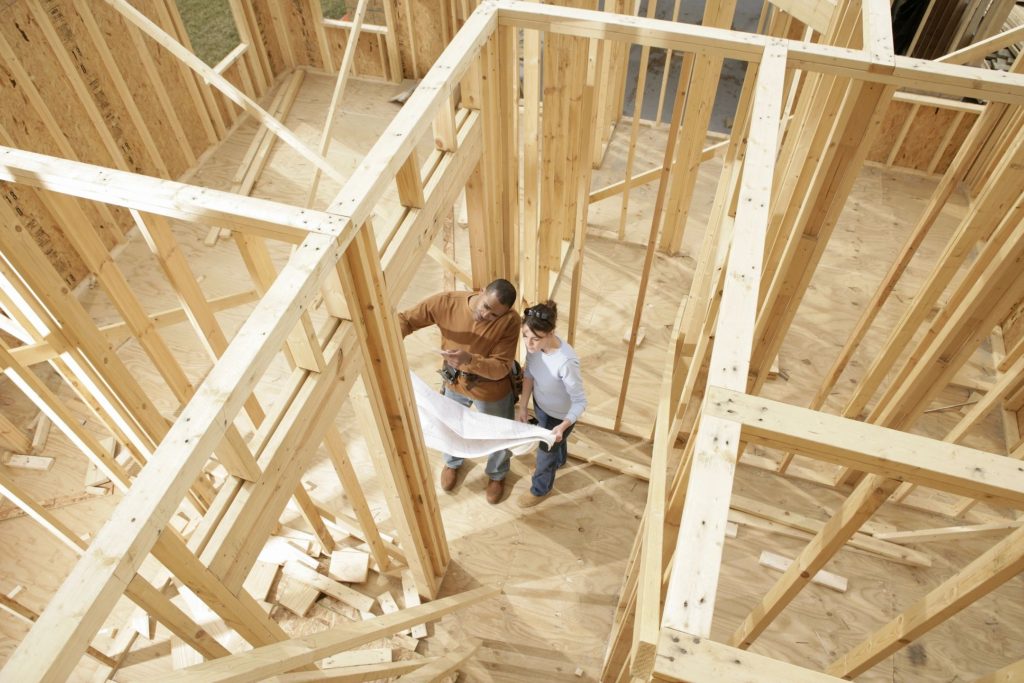
The pros
Faster Closing
During a typical home sale, it averages about four weeks to close. If you’re buying in cash without a lender the closing can happen within as little as a week.
No Contingencies
Mortgages can fall through for buyers that are preapproved. When you pay in cash, you eliminate that possibility. Presenting a cash offer removes the need for a financing contingency which is usually a requirement in a real estate transaction where the buyer is using bank financing. Depending on market conditions, the buyer may present a lower offer than what other bidders with financing are offering the seller. The seller may be willing to accept a lower purchase price in exchange for being able to close a deal quickly.
You Own Your Home
Bottom line, if you’ve got a mortgage, you don’t actually own your house — the bank does. When you buy a house in cash, you can feel secure knowing that no one can take that house away from you, and big, unexpected problems like a job loss won’t leave you without a roof over your head.
The cons
Tying Up Your Funds
If you spend your life savings buying a house in cash, you’ll tie up all your money in one large investment. The money you use to buy your house isn’t liquid (meaning you don’t have direct access to the cash, and you’d have to sell your home to get your hands on it), so if you need your money for any other reason, it won’t be readily available. Additionally, you may face a shortage of cash that could have been used to invest in other lucrative assets. Taking some of the cash you use to pay for a home and investing it instead, could possibly make you more money in the long run.
No Tax Deductions
A buyer that uses a mortgage to purchase a real estate property enjoys tax breaks on the mortgage interest payments. When a buyer decides to purchase a home using cash only, they miss out on the tax deductions that they would’ve enjoyed if they used mortgage financing to complete the transaction.
Extra Title Protection
Reviewing the title for any other claims, liens, or issues that could prevent you from taking full ownership is all part of the home-buying process. The title research takes place whether you pay in cash or get a mortgage, and it’s always smart to get title insurance on your investment, which will protect you in the event that the title research missed any claims.
When you get a mortgage to buy your house, there’s another entity interested in making sure the title is clear and that you stay in the house and keep paying your mortgage: the mortgage lender. Your lender will secure title insurance, too, so that if there is a claim filed at some point, you’ll have an additional layer of protection that a cash buyer wouldn’t have.
The Bottom Line:
It’s scary to spend your entire nest egg in one place. If you can pay cash for a house and still have money left over for emergencies, home repairs, and other unexpected things that come your way, paying in cash is probably a great financial move. On the other hand, if paying cash for a house completely wipes you out, you might want to reconsider.

 See Our National Coverage Map
See Our National Coverage Map

